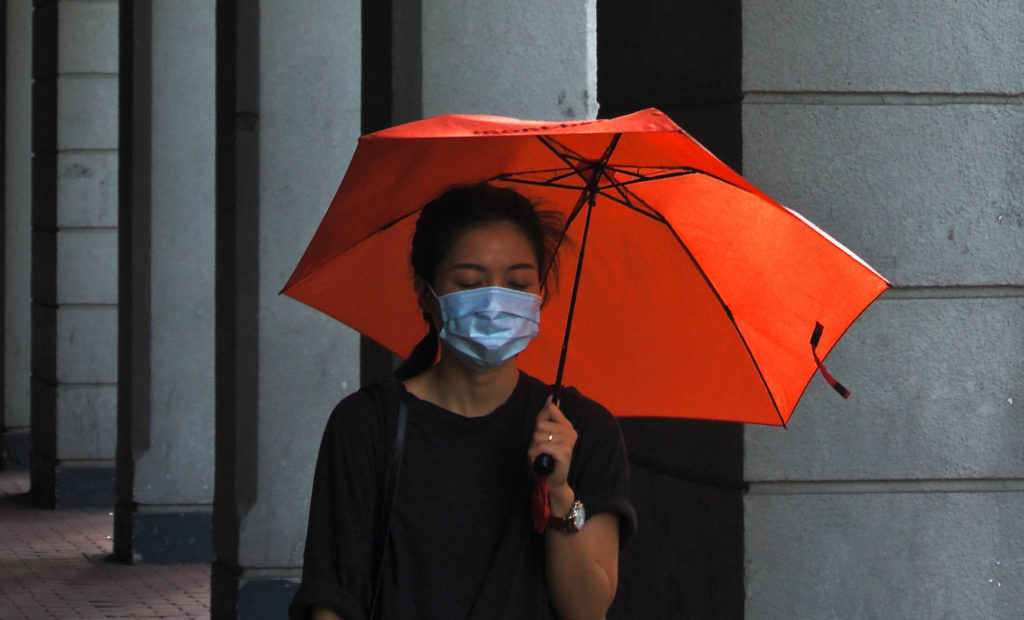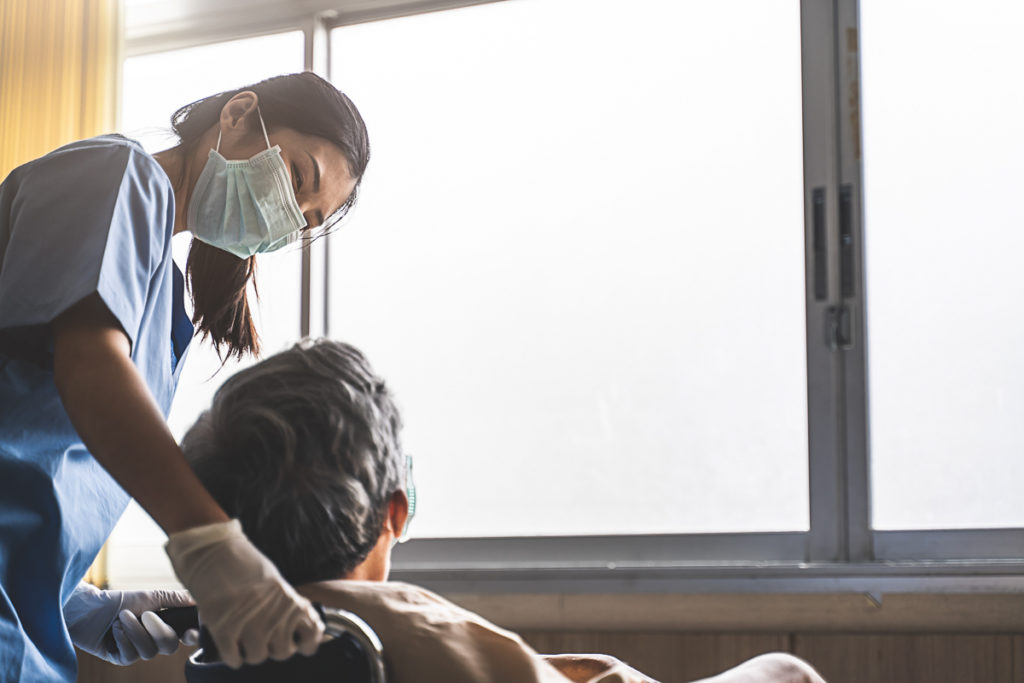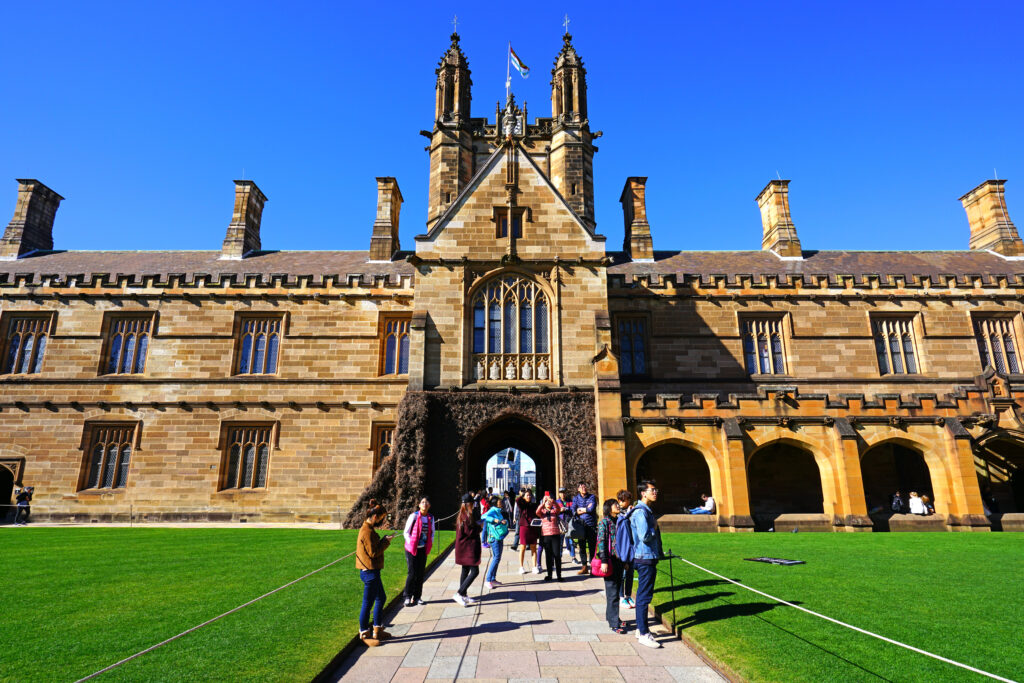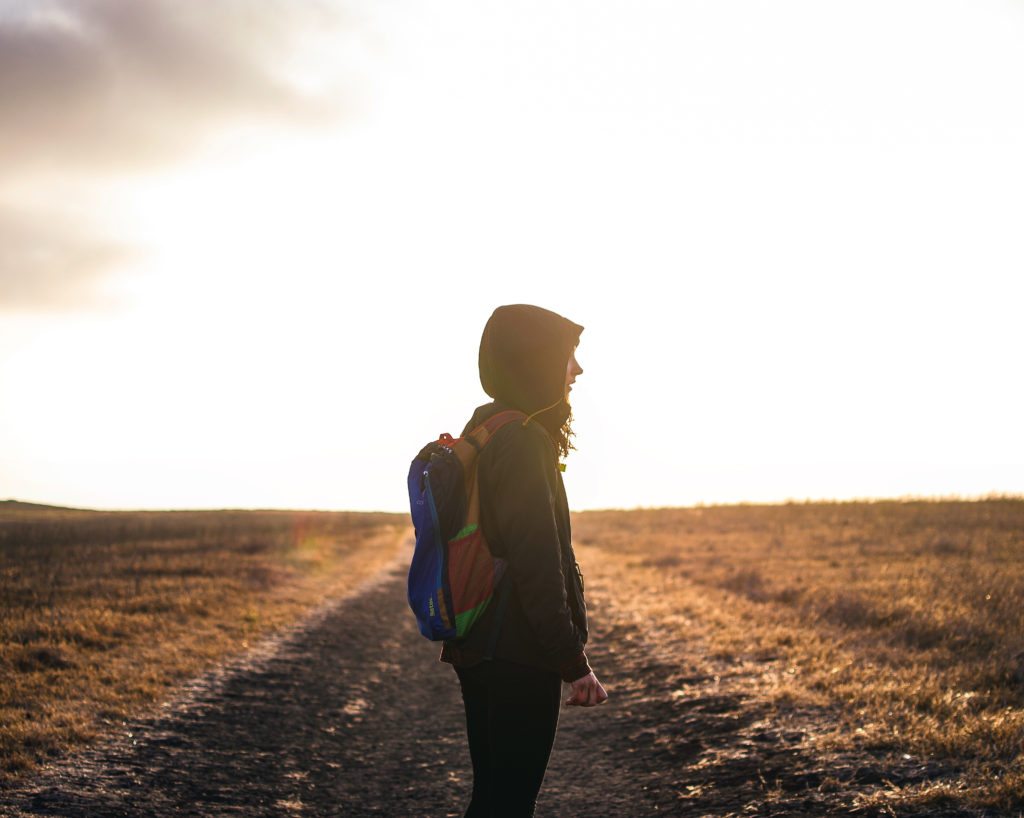This information is current as of 30 January 2020
You’ve probably already heard of the latest strain of coronavirus, also known as Novel Coronavirus (2019-nCoV). A 44-year-old man from Wuhan – who is currently being treated at the Gold Coast University Hospital in Queensland – is the latest confirmed case, bringing the Australian total to seven cases. An Australian lab is also the first outside China to recreate coronavirus, which will help in the development of a vaccine.
With coronavirus now active in Australia, we thought we’d run through some of the facts surrounding this disease, and how you can keep yourself safe.
What is coronavirus?
Coronavirus is a kind of common virus that causes an infection in your nose, sinuses, or upper throat. Most coronaviruses are not dangerous (the common cold comes is in the coronavirus family), although some types are extremely serious. For example, the SARS (severe acute respiratory syndrome) outbreak in 2003 killed 774 people worldwide.
In January 2020, the World Health Organization identified a new type: 2019 novel coronavirus (2019-nCoV) in China, which has infected over 4,500 people in 16 countries and killed over 100 at current estimates.
Where did it start?
The epicentre of the coronavirus is located in Wuhan, China, and is believed to have come from animals. Many of those infected either worked or frequently shopped at the Huanan seafood wholesale market in the centre of the city, which also sold live and newly slaughtered animals.
How has it spread to Australia?
Coronavirus is spread through human-to-human transmission, as confirmed by China’s national health commission. Infected people travelling from Wuhan have spread the virus internationally, including to Australia.
So far, those infected with coronavirus in Australia have contracted the disease in Wuhan; there has been no human-to-human transmission. Extensive travel restrictions have been implemented to slow the spread, while border security in other countries is working to ensure unwell passengers are identified and health warnings are delivered.
What to look out for
Experts have explained that the new coronavirus can make you feel anything from “mildly unwell” to “very, very, ill”. According to the World Health Organisation, signs of the infection include fever, cough, shortness of breath and breathing difficulties.
People in Australia are considered a suspected coronavirus case if they meet specific criteria, which will take into account factors such as your travel history. So, unless you have recently travelled to China, been in contact with someone infected with the virus, or you are experiencing other symptoms such as chest pain and difficulty breathing, treat cough and cold symptoms as normal.
Where to go if you think you have symptoms
According to the Australian Department of Health, if you become unwell and suspect you may have symptoms of coronavirus, you must seek medical attention. Please ring ahead of time to book an appointment at your local medical centre. This will help make your doctor aware of your symptoms and your travel history.
Call 000 if you need urgent medical help. Your hospital visit will be covered by OSHC – click here for more information.
How to protect yourself
According to the World Health Organization, the best advice for avoiding exposure to and transmission of coronavirus are as follows:
- Frequently clean your hands by using alcohol-based hand rub or soap and water;
- When coughing and sneezing, cover your mouth and nose with a flexed elbow or tissue, then throw the tissue away immediately and wash your hands;
- Avoid close contact with anyone who has a fever and cough;
- If you have a fever, cough and difficulty breathing, seek medical care early and share your travel history with your healthcare provider;
- When visiting live markets in areas currently experiencing cases of novel coronavirus, avoid direct unprotected contact with live animals and surfaces in contact with animals;
- The consumption of raw or undercooked animal products should be avoided. Raw meat, milk or animal organs should be handled with care, to avoid cross-contamination with uncooked foods, as per good food safety practices.
Health alerts to stay up-to-date
This information is current as of 30 January. For the latest health alerts, the World Health Organization publishes situation reports regularly to keep the public up-to-date. If you’re in Australia, you can check the Department of Health website for the latest news.





